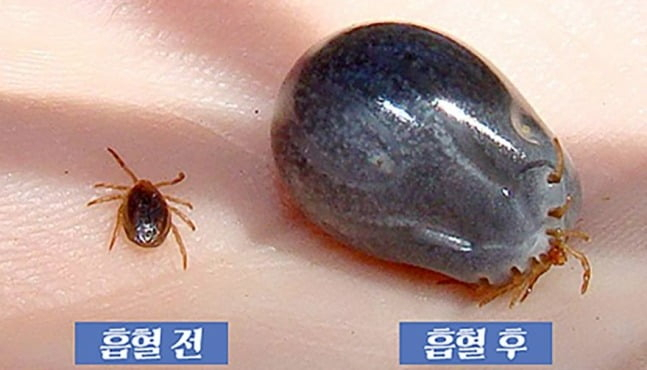SFTS case in Jeju suggest stray cats can spread deadly disease
By Park Soong-jooPublished : July 11, 2023 - 11:51

A woman contracted Severe Fever with Thrombocytopenia Syndrome, a tick-borne disease, after coming into contact with a stray cat in Seogipo-si, Jeju, health authorities said on Monday.
SFTS is an infectious disease that emerged from China with a mortality rate of up to 17 percent in Korea. The condition has no cure or vaccine as of now. The first local case was reported in 2013, and a total of 608 people have been infected with the disease in the last three years.
Common symptoms include fever, thrombocytopenia, fatigue, loss of appetite, gastrointestinal symptoms, muscular symptoms and neurological abnormalities.
She is the first patient in Seogipo-si to be infected with SFTS, and the fifth in Jeju.
An epidemiological investigation is currently underway, and the patient alleges she hasn't had any outdoor activities other than petting the stray cat four days prior to testing positive. Four other SFTS patients in Jeju are reported to have been infected with the disease while doing outdoor activities or in gardens.
Most infections occur between April and November, but recent studies suggest that the number of ticks has grown. Studies also suggest that they mature faster and live longer due to changes in the climate.
Health officials advise wearing long sleeves, using tick repellants and showering right after outdoor activities.
SFTS can also be transmitted through bodily fluids of infected people or animals. Anyone that has a fever or gastrointestinal symptoms within two weeks of outdoor activities should get tested, according to health officials.




















